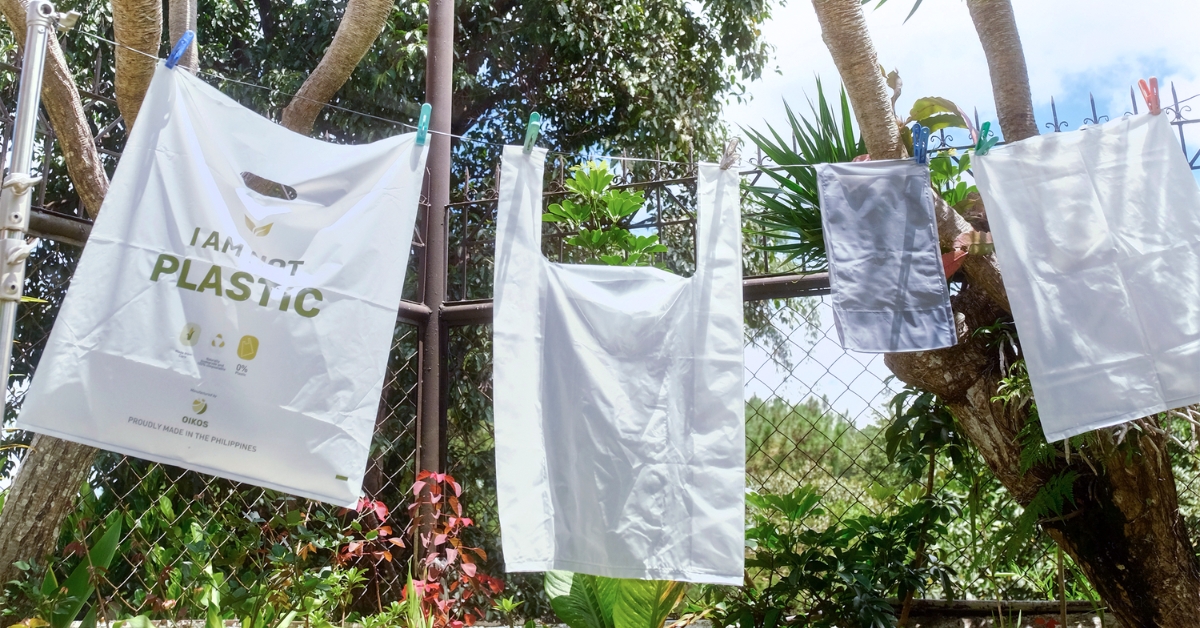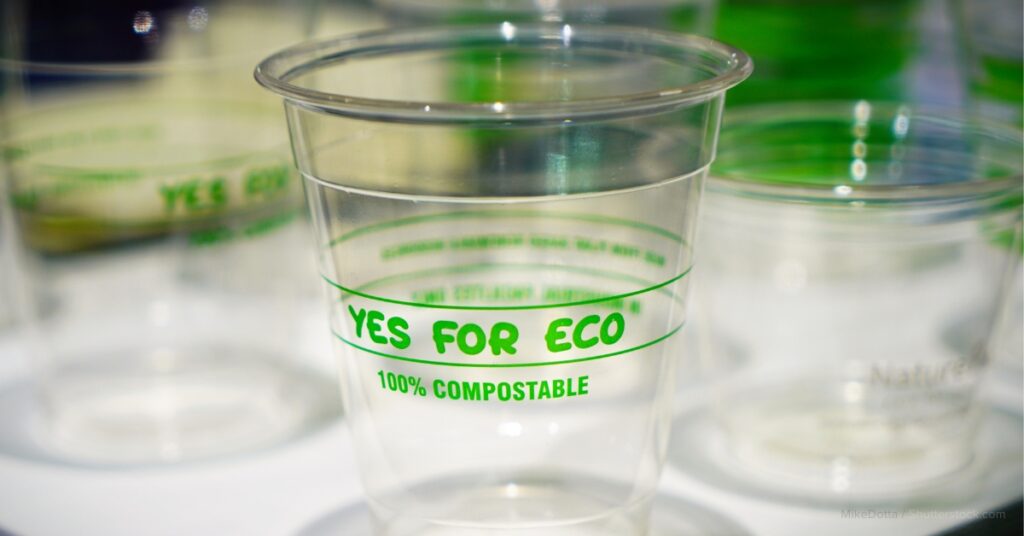
Published
May 31, 2024
Tags:
The impacts of non-eco-friendly packaging, a solution to plastic waste reduction, and how sustainable businesses in the Philippines can help.
The Philippines is known worldwide for something that we can’t be proud of – plastic pollution. A study reports that we are the third largest global contributor to plastic waste, with an annual contribution of 0.75 million metric tons of mismanaged plastics entering the ocean annually. Aside from the predominance of single-use plastics, the lack of proper sanitary landfills and disposal facilities has been pointed out as the main reason for the marine pollution crisis. In this article, we will talk about the impacts of non-eco-friendly packaging, the solution to plastic waste reduction, and how sustainable businesses in the Philippines can help address the issue by using biodegradable packaging for businesses.
The Problem with Non-Eco-Friendly Packaging

Here are the impacts of plastic pollution in different sectors and why businesses are encouraged to use alternative packaging to plastic.
Environmental Impacts
Unlike eco-friendly packaging like cassava starch bags, traditional plastics take 20 to 500 years to decompose, per the United Nations. Even then, traces of it are left in the environment. This causes marine pollution, soil contamination, ecosystem disruption, and climate change.
Economic Impacts
Due to plastic pollution, business revenues (such as in the tourism and fishing industries) will be affected. It also causes damage to infrastructure due to the clogging of drainage systems. Ultimately, the government and other organizations must spend significant resources on clean-up drives.
Social Impacts
The livelihoods of people in the tourism and fishing industries may be affected. Social inequality is also highlighted because marginalized communities often bear the brunt of environmental degradation. However, the gravest effect of plastic pollution on society is its detrimental effects on human health.
The Solution to Plastic Waste Reduction is Eco-Friendly Packaging

Plastic pollution is a massive problem for a long time. Thus, solving it will require continued efforts and close collaboration of the government, businesses, and communities.
Government
Reports say that the Philippine government is focused on prioritizing waste management. However, the EPR (Extended Producer Responsibility) Law holds companies responsible for their plastic footprint throughout the lifecycle of their products.
Businesses
Due to the EPR Law, businesses are encouraged to be more sustainable in their processes and use eco-friendly packaging. Aside from becoming more environmentally responsible, it will also improve sales as Filipinos become more eco-conscious.
Communities
Everyone is encouraged to contribute by reducing their use of single-use plastics in simple ways, like carrying eco-bags during shopping trips. Other efforts include recycling, proper waste segregation and disposal, and supporting eco-friendly businesses.
The Philippines Stand with Eco-Friendly Packaging

Oikos Sustainable Solutions is one with the Philippines’ goal of reducing plastic pollution contribution. We are the leading manufacturer of plant-based, plastic-free, and fully compostable product packaging made of cassava starch and cornstarch in the Philippines. We work closely with sustainable businesses in the Philippines for their eco-friendly packaging needs. Visit this link to view our product catalog.
Facebook
Linkedin
Twitter
Pinterest
